Training Plants Up Porch Railings: Learn About Growing Vines On Railings
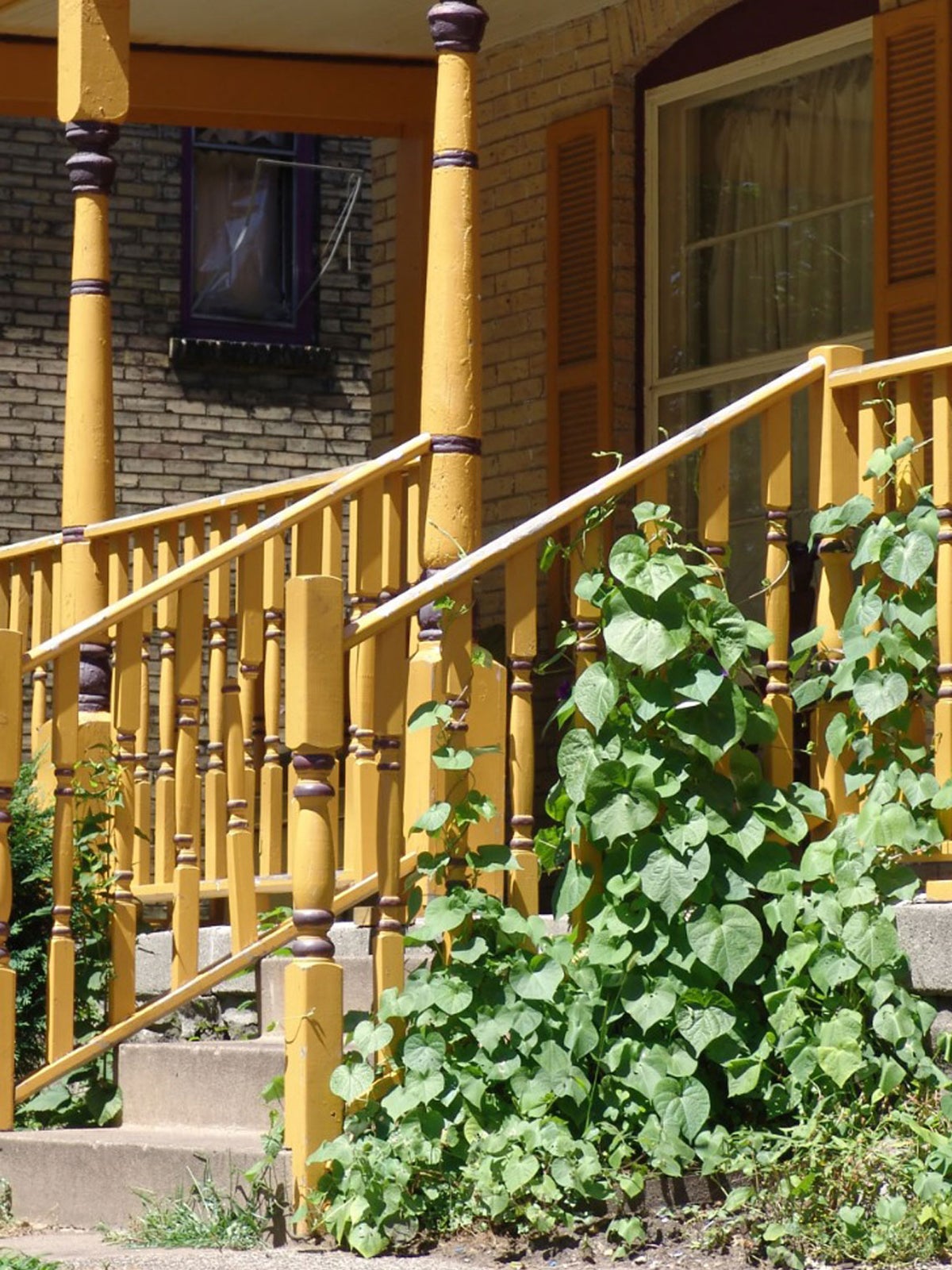

Growing vines on railings is a fun way to garden on your porch, deck, or balcony. The contrast between the plants and iron or wood railings can be lovely. It’s a great way to brighten up your outdoor space or even add some privacy with vines as a barrier.
Training Plants up Porch Railings
Growing plants along a porch railing can be a good way to conserve space in areas where this may be limited. While there are a number of suitable vines to choose from, some are better than others.
Many vining plants will climb up and cling to your porch railing without much assistance, while others need a little help. To ensure that your chosen plant will cling vigorously, it’s a good idea to do some training initially and even as it grows.
You'll want to train your vines on a handrail or on railings by situating the young vines strategically. Some of these you may be able to just wrap around a railing. With others, however, it may be necessary to use a little string or twine to attach it firmly to the railing or handrail.
Your vining plants can be in containers along the bottom of the railing or planted in the ground around the edge of a porch. Give them about 12 to 18 inches (31-46 cm.) of space between where you plant the roots and the edge of the railing, porch, or balcony.
Ideas for Plants for Porch Rails
Any plant that grows as a vine would make a good choice for using balcony railing support or a porch railing. Just be sure that the plants you select will do well in your climate, soil type, and in the amount of sun available on or next to your porch or balcony.
- Indeterminate tomatoes. If you have a nice sunny spot on your porch, grow tomatoes. Indeterminate tomatoes are those varieties that keep growing on a vine until the season ends. They’ll do well in the ground and in a container near the porch where the vines can grow along the rails.
- Runner beans and peas. For another edible vine, try peas and pole beans. They are easy to grow and will add to your vegetable harvest.
- Star jasmine. In a warmer climate, choose this evergreen vine to provide greenery year-round as well as beautifully-scented flowers in spring. In some areas, blooms of star jasmine will last longer.
- Morning glory. This pretty vining plant produces trumpet-shaped flowers in blue, white, or pink, that only open in the daytime. Morning glory flowers are striking and attract butterflies. This is an annual.
- Trumpet honeysuckle. The flowers of trumpet honeysuckle (aka coral honeysuckle) will also attract butterflies and hummingbirds. The tube-shaped orange flowers are delicate and smell sweet.
- Ivy. For classic, elegant greenery, it’s hard to beat ivy. There are several varieties to choose from, like English ivy or Boston ivy, that will provide good coverage for large spaces or year-round green foliage.
Gardening tips, videos, info and more delivered right to your inbox!
Sign up for the Gardening Know How newsletter today and receive a free copy of our e-book "How to Grow Delicious Tomatoes".

Mary Ellen Ellis has been gardening for over 20 years. With degrees in Chemistry and Biology, Mary Ellen's specialties are flowers, native plants, and herbs.
-
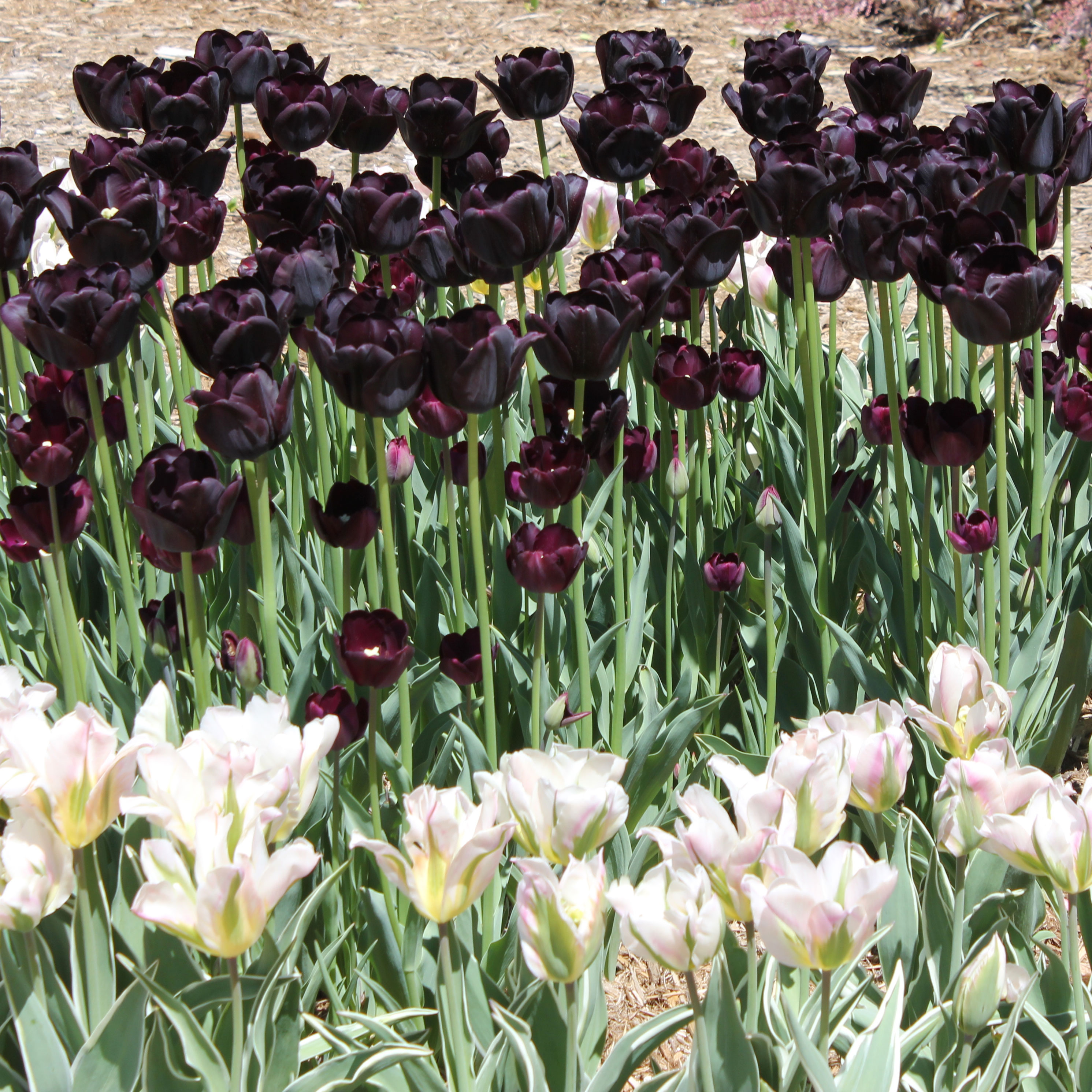 Moody Blooms For Spring: 8 Types Of Black Flowers To Add Drama To Spring Displays
Moody Blooms For Spring: 8 Types Of Black Flowers To Add Drama To Spring DisplaysFrom midnight burgundies to inky violets, several types of black flowers can enrich and embolden a spring display. Try these brooding bloomers for a moody garden
By Tonya Barnett
-
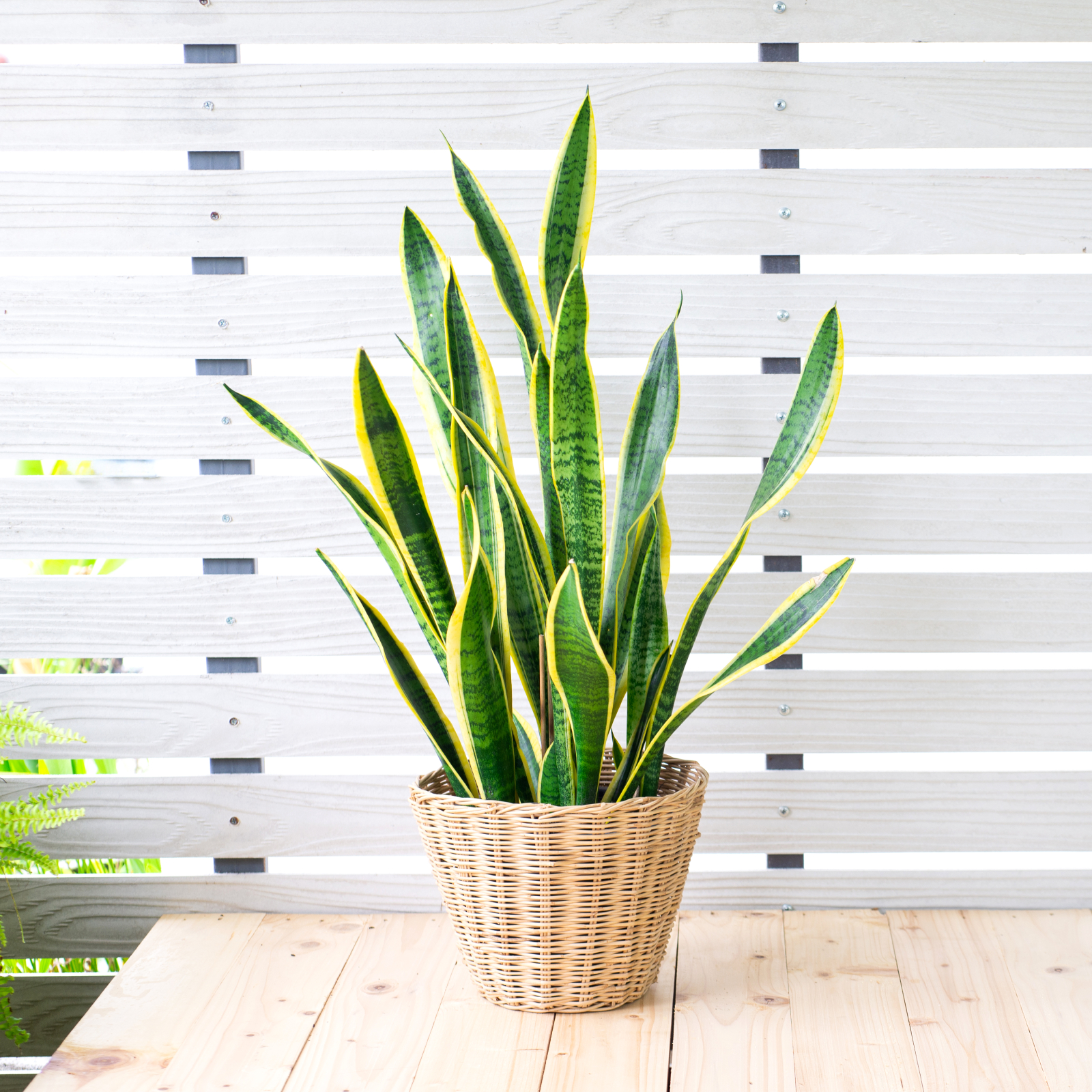 Can Snake Plants Live Outside? Everything You Need To Know For Snake Plants Al Fresco
Can Snake Plants Live Outside? Everything You Need To Know For Snake Plants Al FrescoSnake plants can live outside given the right conditions, but be careful that they don't take over! Learn the best way to use snake plants in your landscape.
By Mary Ellen Ellis
-
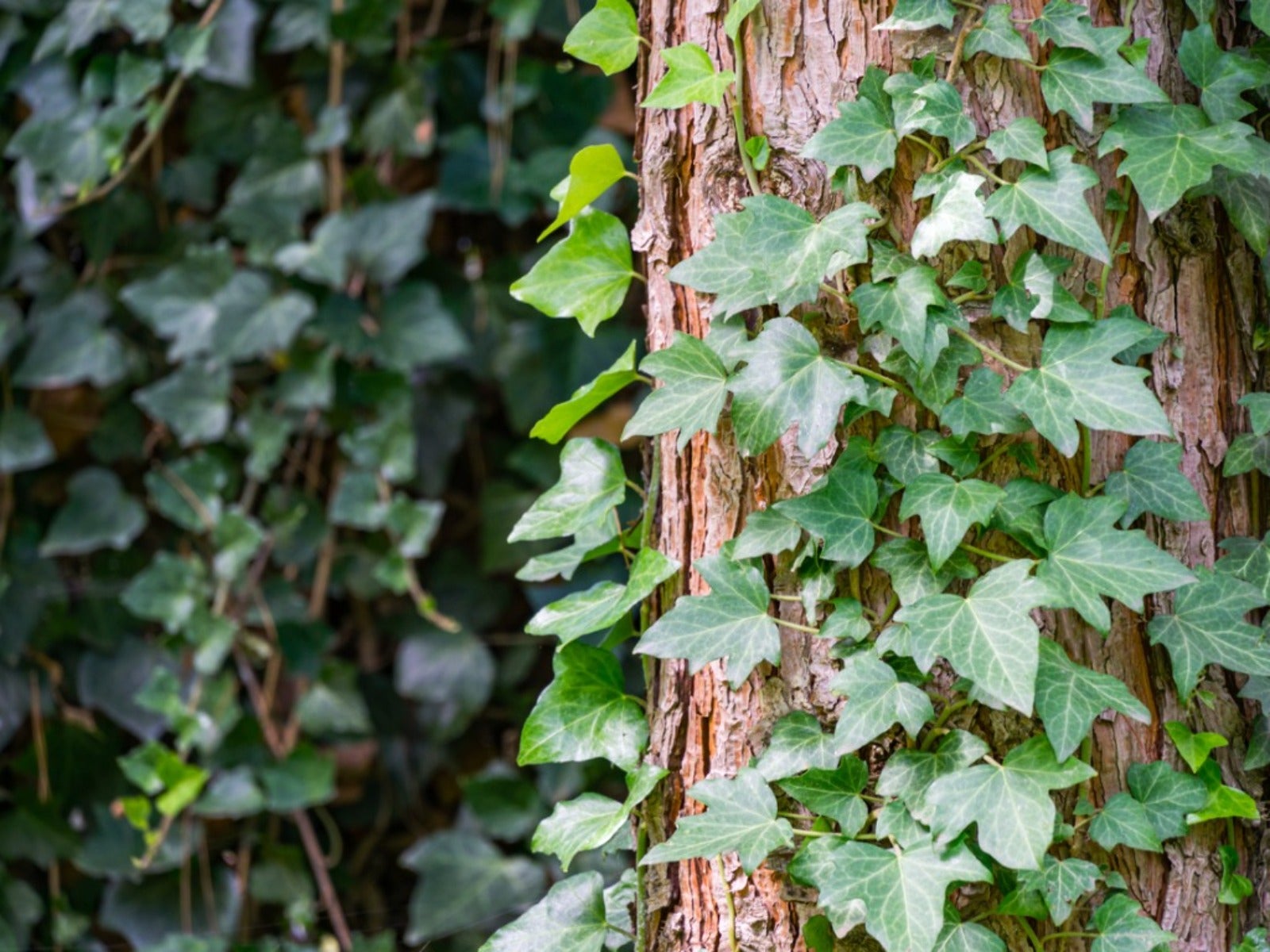 7 Invasive Vines To Avoid In Your Yard And Garden
7 Invasive Vines To Avoid In Your Yard And GardenWhat are some common invasive vines to avoid in your yard and garden spaces? Click here to find out.
By Susan Albert
-
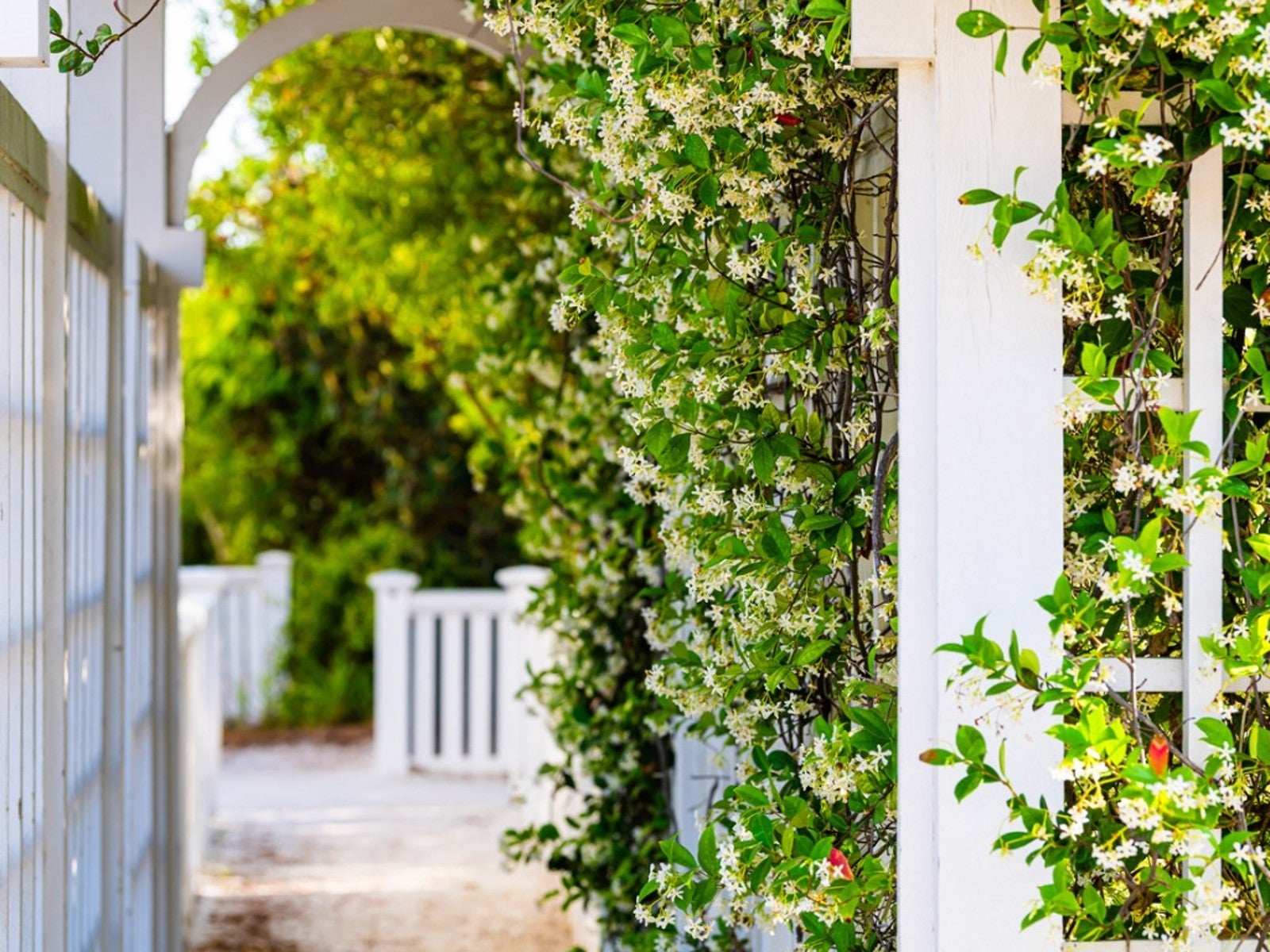 Fragrant Climbing Vines For Arbors And Trellises
Fragrant Climbing Vines For Arbors And TrellisesAdding fragrant climbing vines to the landscape adds a sense of height and olfactory pleasure! Climbing vines make your space more lush, interesting, and vibrant.
By Tonya Barnett
-
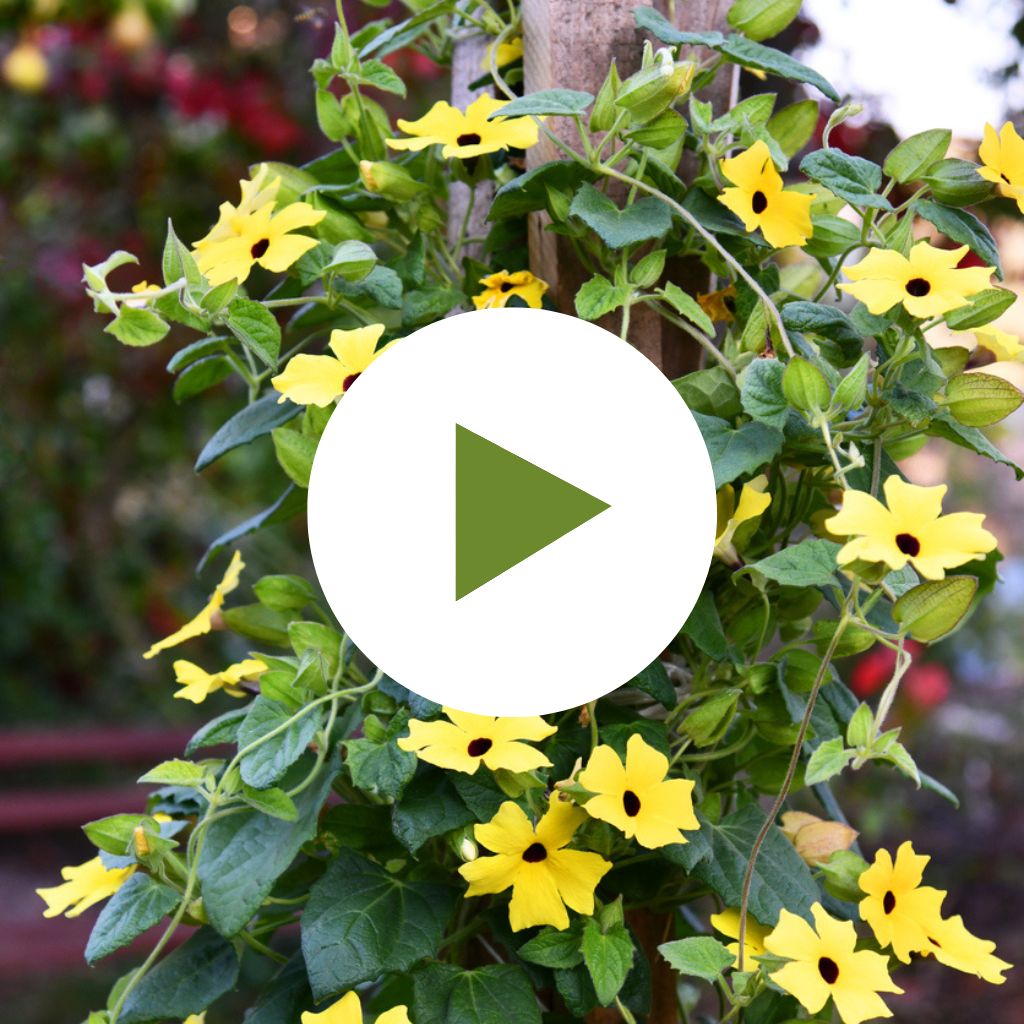 10 Flowering Vines With An Extended Bloom Season
10 Flowering Vines With An Extended Bloom SeasonWhether you’re short on space, need to add privacy or hide unsightly views, take advantage of your vertical space with flowering vines.
By Amy Draiss
-
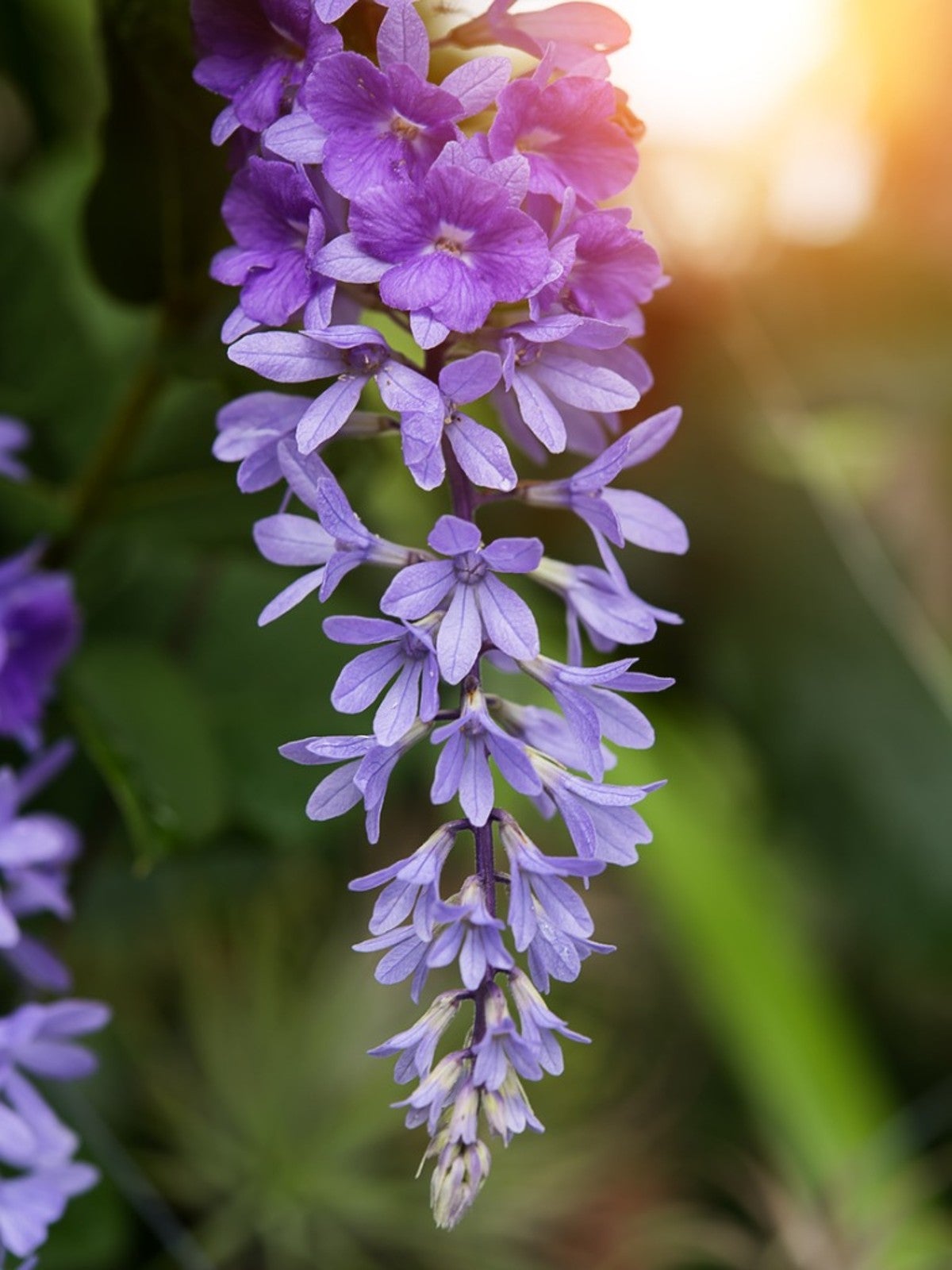 Queen’s Wreath Info – Learn About Growing Queen’s Wreath Plants
Queen’s Wreath Info – Learn About Growing Queen’s Wreath PlantsFor a touch of the tropics in your landscape, try growing queen’s wreath vine. The following gives information on how to grow and care for the vine.
By Amy Grant
-
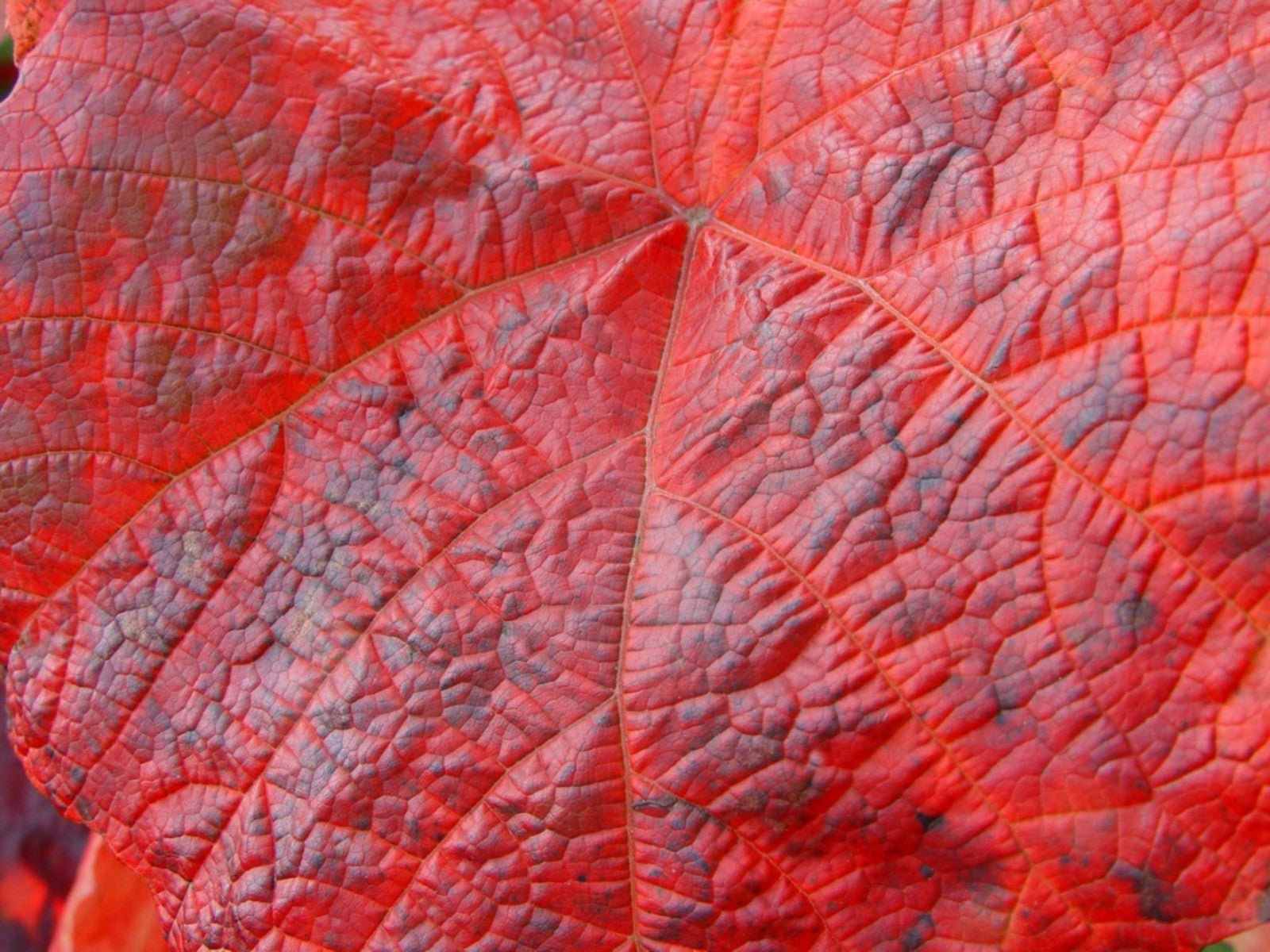 Crimson Glory Grapevines – Growing A Crimson Glory Vine Plant
Crimson Glory Grapevines – Growing A Crimson Glory Vine PlantAlso known as Crimson Glory grapevines, the Crimson Glory vine plant is actually an ornamental type of grape. Read on for more info.
By Tonya Barnett
-
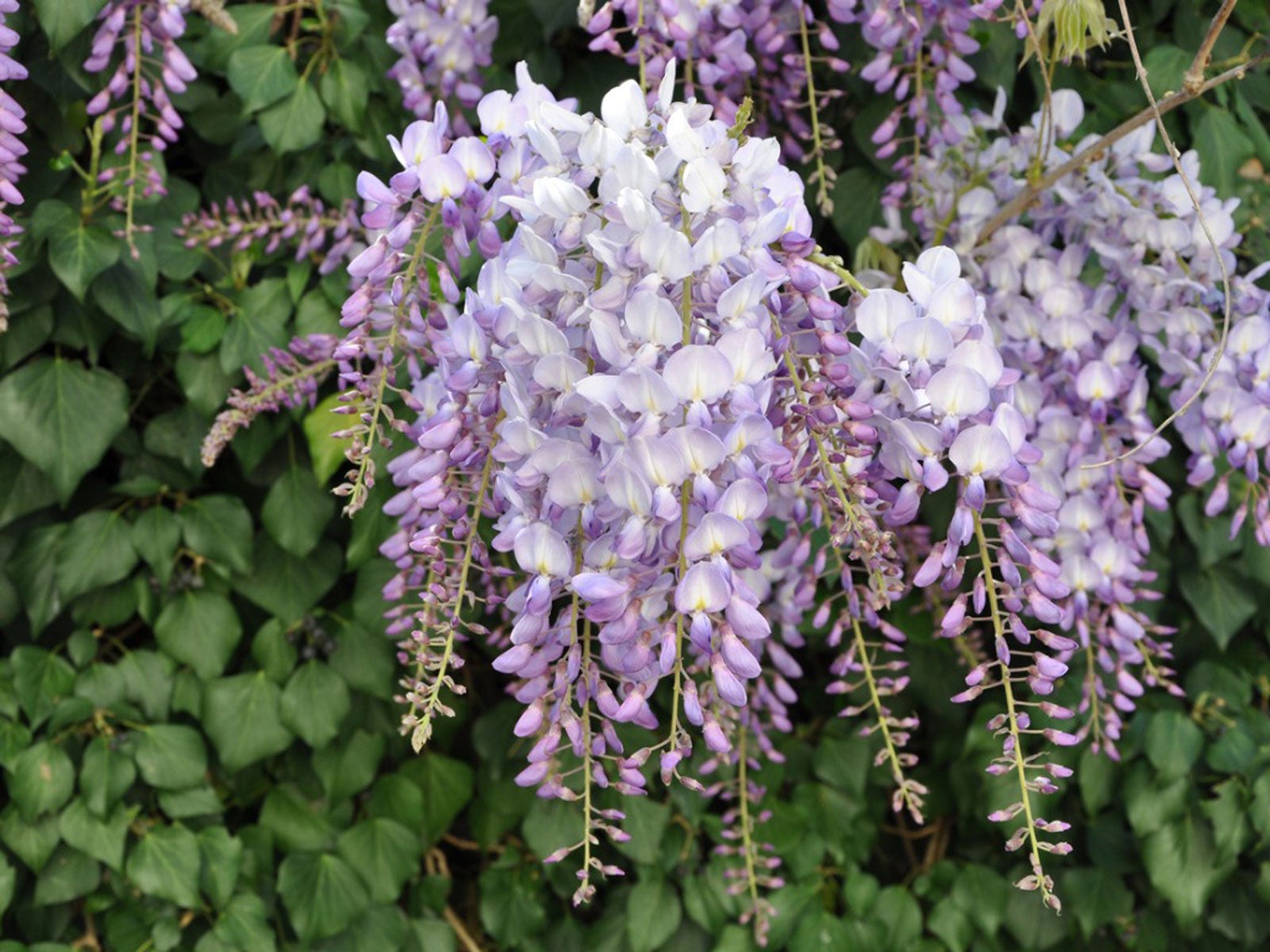 What Are Deciduous Vines: Growing Deciduous Vine Varieties In Gardens
What Are Deciduous Vines: Growing Deciduous Vine Varieties In GardensDeciduous vine care may be a bit more difficult than hardy evergreens but will be worth it when they come back in spring. Click here for more info.
By Bonnie L. Grant
-
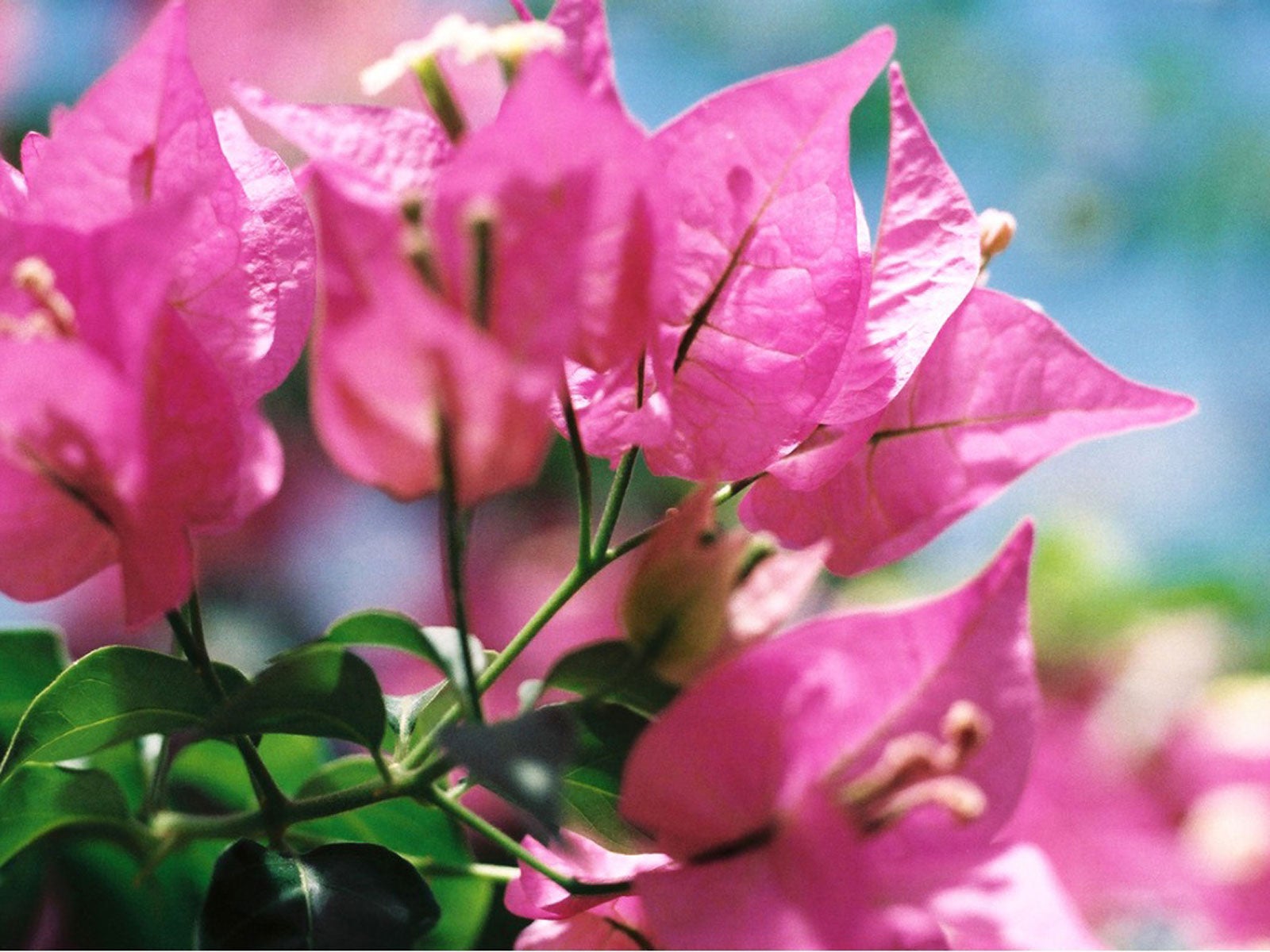 Vines For Full Sun Locations: Growing Vines That Like Sun
Vines For Full Sun Locations: Growing Vines That Like SunTrailing vines that like full sun can grow up a fence, trellis, or an arbor with various purposes in the landscape. Find some full sun vines here.
By Becca Badgett
-
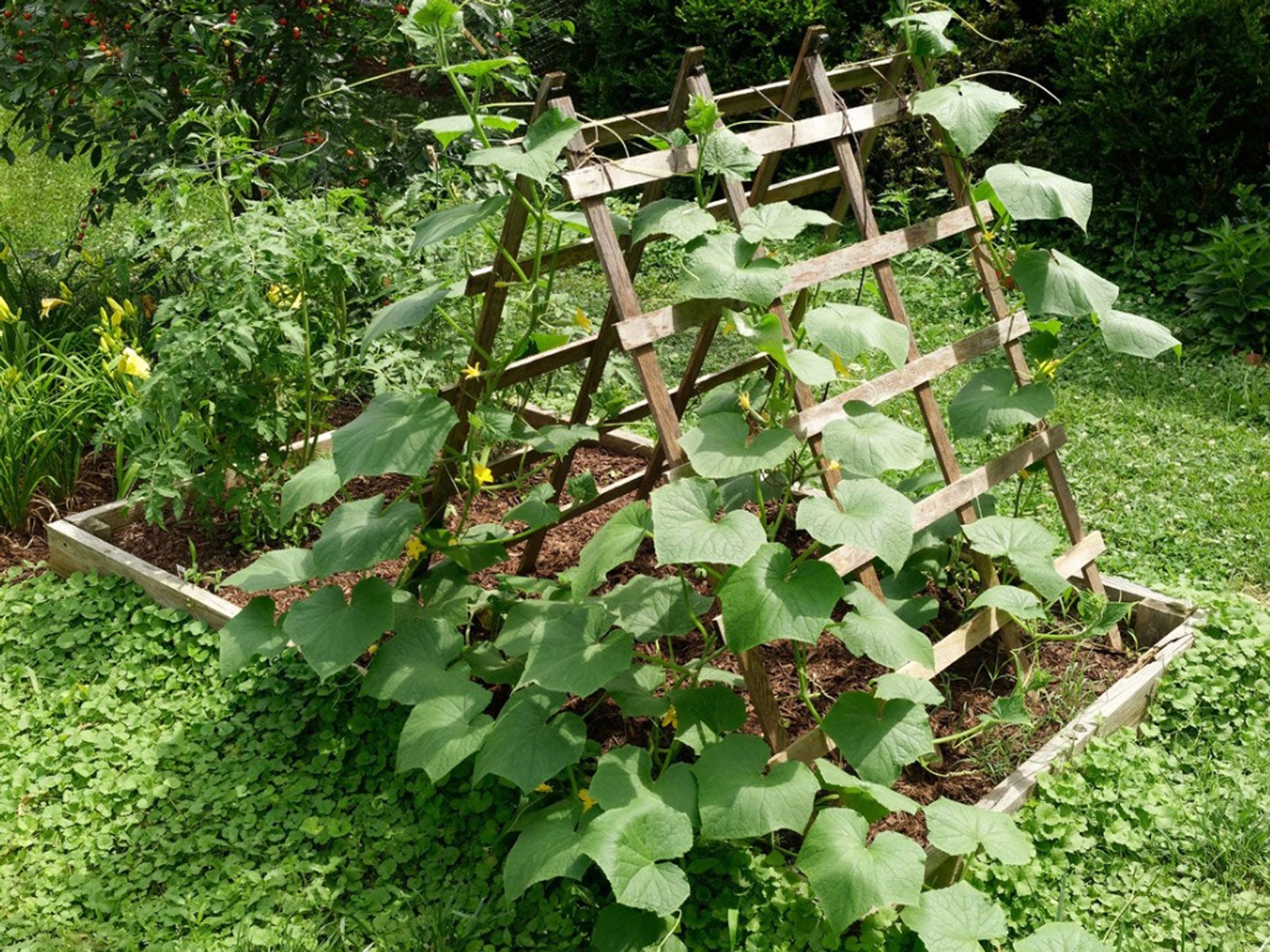 Different Trellis Types: Tips For Using Trellising In Gardens
Different Trellis Types: Tips For Using Trellising In GardensMaybe you confuse a trellis with a pergola, which is easy to do. If you’ve wondered exactly what a trellis is, click here to get more info.
By Becca Badgett